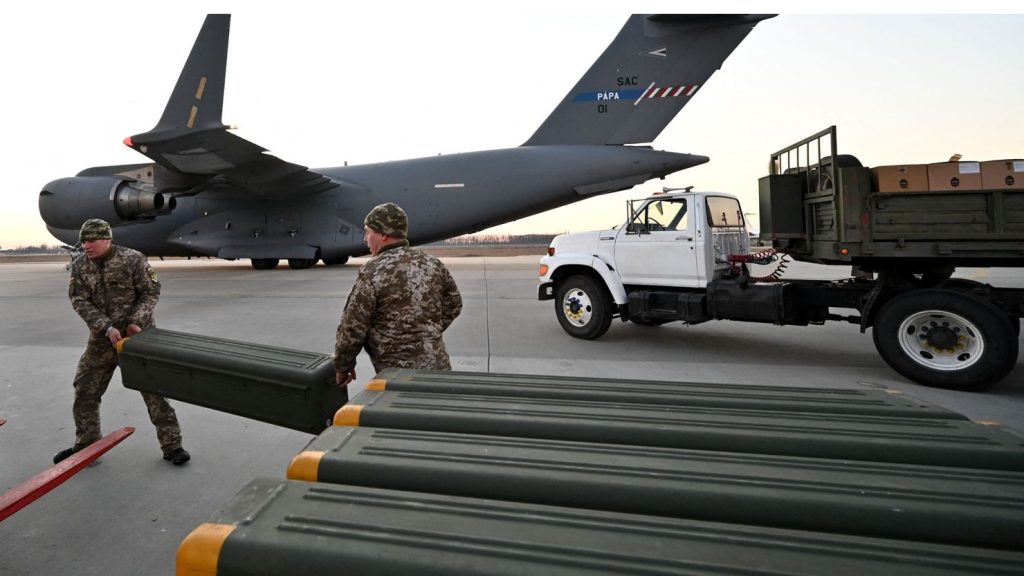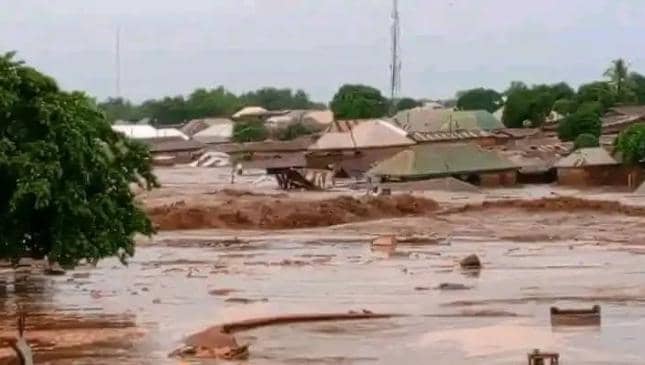Featured
NIWA: 200 traders feared dead as boat capsizes in Kogi.

According to the National Inland Waterways Authority (NIWA), a boat accident on the River Niger in Kogi State’s Dambo-Ebuchi section, on Thursday, has left at least 200 traders feared dead.
As gathered by the Diaspora Digital Media (DDM), the Head of Media Department of National Inland Waterways, Mr. Suleman Makama, verified the incident on Friday.
A source confirmed the incident, stating, “a boat accident occurred on Thursday, involving numerous women traveling to a market in Niger State.”
“However, the exact number of people involved and the cause of the accident remain unknown.”
Eyewitnesses confirmed that the boat, owned by Musa Dangana, was carrying about 200 passengers, including market women and farm laborers, to the Katcha weekly market in Niger State when the accident occurred.
The Managing Director of National Inland Waterways Authority (NIWA), Mr.Bola Oyebanji, stated that human mistakes, drug use, and non-compliance with regulations have been the main factors contributing to boat accidents in the last three years.
Oyebanji, made the statement while responding to questions from the House Representatives Committee on NIWA during their oversight visit to the authority’s headquarters in Lokoja on Wednesday.
He emphasized that “99% of the accidents on our waterways are caused by human error. Unfortunately, operators are committing mistakes that could have been easily avoided.”
Oyebanji stated that the use of drugs by some operators leads to impaired judgment, causing them to commit mistakes that could have been avoided.
At the time of reporting, eight bodies had been found, with search and rescue efforts ongoing to locate the remaining missing passengers.
Know about NIWA
The National Inland Waterways Authority (NIWA) is a federal government agency in Nigeria responsible for the development, management, and regulation of inland waterways in the country.
History of NIWA
NIWA was established in 1997 by the National Inland Waterways Authority Act, Cap N47, Laws of the Federation of Nigeria. The agency began operations in 1998.
Mandate of NIWA
The mandate of NIWA includes development and maintenance of inland waterways and regulation of inland water transportation.
Functions of NIWA
The agency conducts hydrographic surveys and mapping of inland waterways and maintains and operates aids to navigation.
It regulates the movement of vessels on inland waterways and issues permits and licenses for inland water transportation.
NIWA provides emergency response services in case of accidents or incidents on inland waterways.
Organizational Structure of NIWA
NIWA has a hierarchical organizational structure, with the following key departments Administration and Human Resources, Finance and Accounts, Engineering and Technical Services, Operations and Logistics, and Planning and Research.
Challenges
Despite its efforts, NIWA faces several challenges, including inadequate funding, poor infrastructure, lack of enforcement of regulations, inadequate staffing and training, and environmental degradation.
Know also about boat mishaps in Nigeria
Boat mishaps in Nigeria have become a recurring issue, resulting in significant loss of lives and goods.
Just recently, two boat mishaps occurred, with the Lagos incident alone claiming the lives of at least 21 passengers on October 7, 2024.
Causes
A significant number of boat mishaps in Nigeria can be attributed to human error, including reckless driving, overloading, and lack of adherence to safety protocols.
Also, many boats operating in Nigeria are not properly maintained, leading to mechanical failures that can result in accidents.
The lack of effective regulation and enforcement of safety standards in the Nigerian maritime industry contributes to the high incidence of boat mishaps.
Inclement weather, strong currents, and other natural factors can also contribute to boat mishaps in Nigeria.
Consequences
Boat mishaps in Nigeria often result in significant loss of lives, leaving families and communities devastated.
The loss of goods and property during boat mishaps can have a significant economic impact on individuals and businesses.
Survivors of boat mishaps in Nigeria often experience psychological trauma, which can have long-term effects on their mental health and well-being.
Measures to Prevent Boat Mishaps in Nigeria
Strengthening regulation and enforcement of safety standards in the Nigerian maritime industry can help reduce the incidence of boat mishaps.
Raising public awareness about boat safety and the importance of adhering to safety protocols can help prevent accidents.
Ensuring that boats are properly maintained and in good working condition can help prevent mechanical failures that can lead to accidents.
Providing training and capacity-building programs for boat operators and crew members can help improve their skills and knowledge, reducing the risk of accidents.
For Diaspora Digital Media Updates click on Whatsapp, or Telegram. For eyewitness accounts/ reports/ articles, write to: citizenreports@diasporadigitalmedia.com. Follow us on X (Fomerly Twitter) or Facebook











